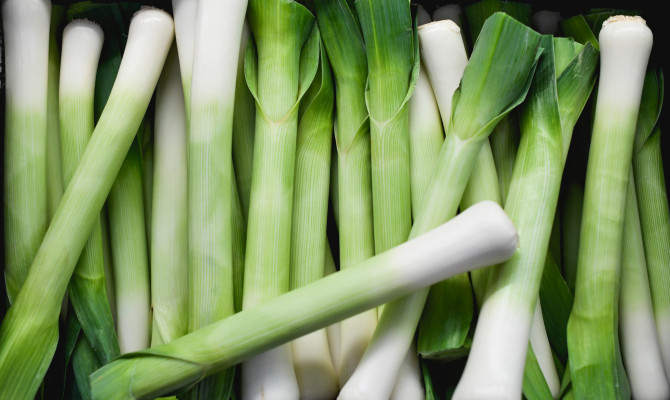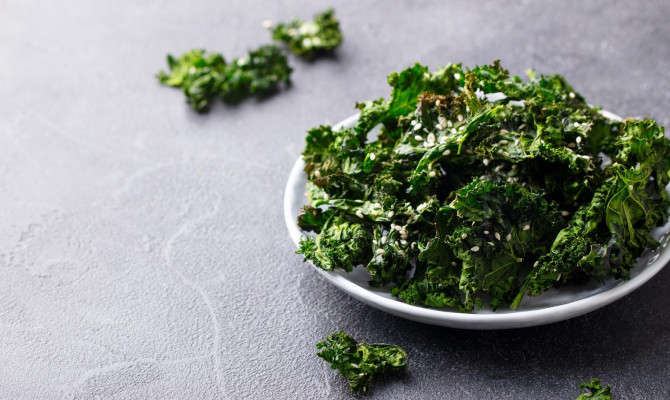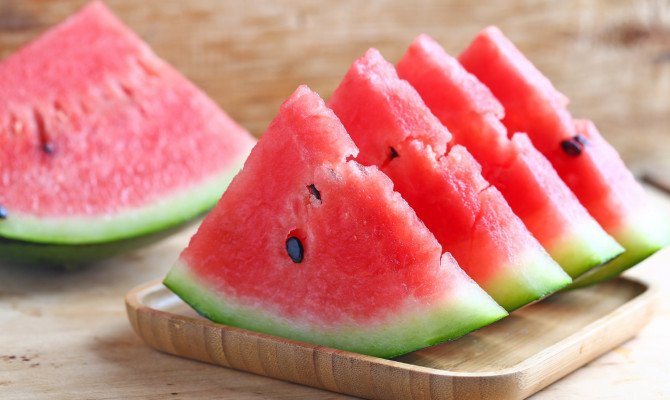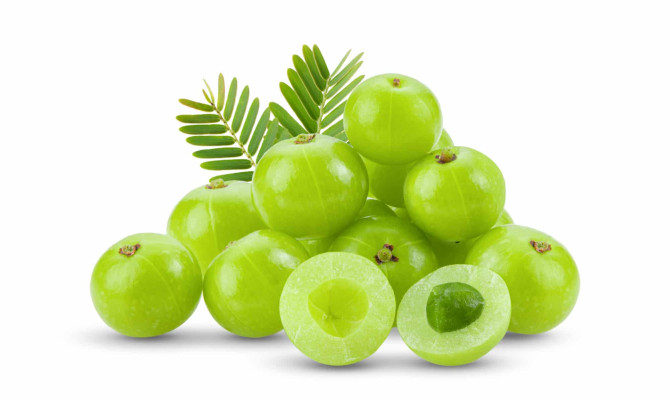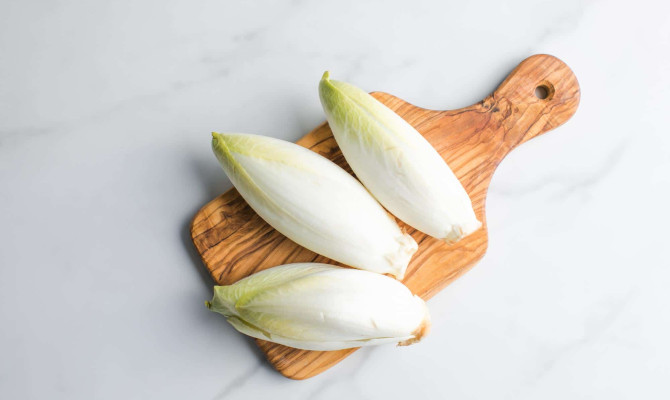Buckwheat : A Nutritious Pseudo cereal

- Buckwheat
- 17 Aug 2023
Overview
What is Buckwheat?
Sorrel and rhubarb are connected to pseudo cereal buckwheat. It differentiates itself with a fantastic nutritional profile, unique flavor, and incredible versatility.
It has been raised for many generations and is a common dish everywhere. The article aims to delve into the exciting world of buckwheat by examining its origins, nutritional profile, culinary uses, and potential health benefits. Buckwheat deserves a place in your culinary collection, whether you are health-conscious or just interested in various healthful food options.
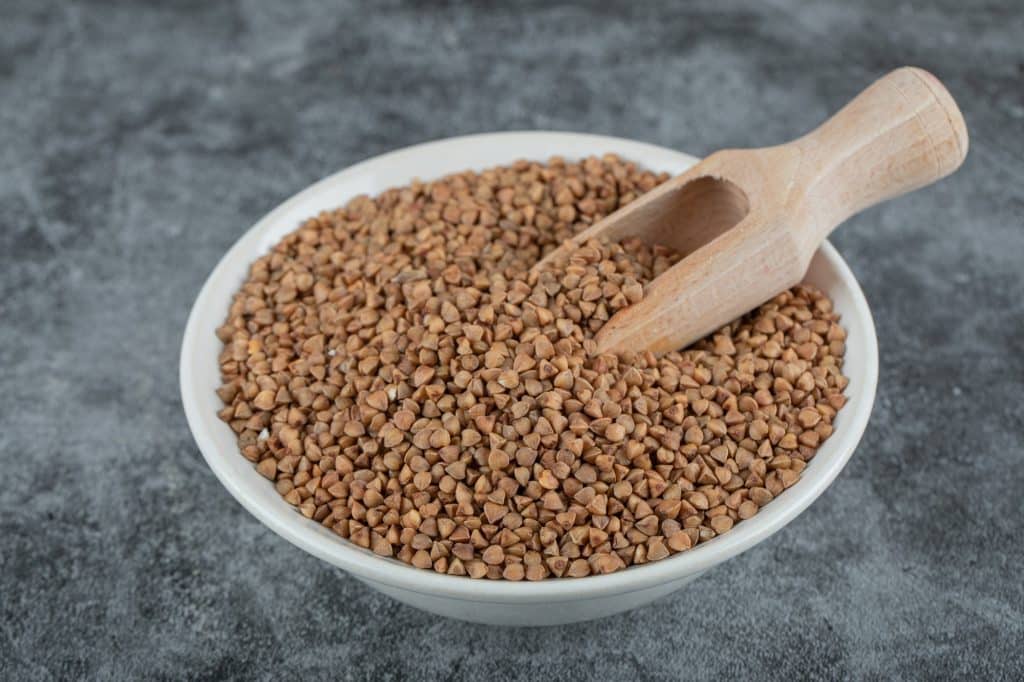
Health Benefits
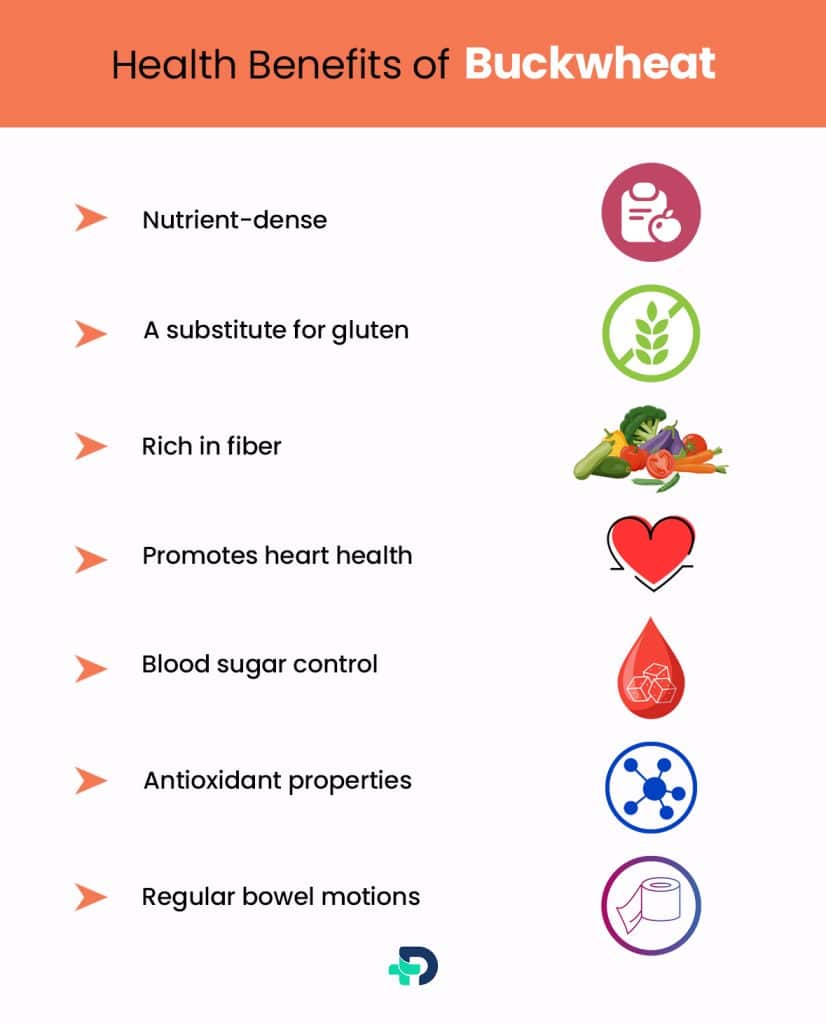
Buckwheat Health benefits
- Provides vital nutrients
- Good for gluten-sensitive people
- Promotes good digestion
- Improves Heart health
- A healthy option for people with diabetes.
- Reduces the risk of chronic diseases.
- Potential anti-cancer properties
- Supports regular bowel movements
It is not only a valuable and tasty grain, but it also has several health advantages. Here are a few notable benefits:
Nutrient-dense
- It is abundant in vital nutrients. Complex carbohydrates, dietary fiber, high-quality protein, and essential minerals, including magnesium, manganese, phosphorus, and copper, are all rich in it. It also includes several vitamins.1Health Benefits| Researched based study from Nlm.nih.gov
A substitute for gluten
- Since buckwheat doesn’t contain gluten, it’s a great cereal for people with celiac disease, gluten sensitivity, or who follow gluten-free diets.
Rich in fiber
- It has a lot of dietary fiber, which aids in digestion and promotes gut health. The presence of fiber may also increase satiety, increasing feelings of fullness and thus helping with weight management.
Promotes heart health
- It contains substances like rutin and other flavonoids that have been linked to advantages for cardiovascular health. These aid in lowering blood pressure, enhancing blood flow, reducing inflammation, and improving heart health in general.
Blood sugar control
- Fiber and complex carbohydrates both slow down digestion and help sugar be released into the bloodstream gradually. It is a good option for people with diabetes or those trying to manage blood sugar levels due to the delayed release’s ability to help control blood sugar levels.
Antioxidant properties
- Its high concentration of antioxidants may help the body fight against oxidative stress and free radical damage, possibly lowering the risk of developing chronic illnesses like breast and colon cancer.
Regular bowel motions
- By encouraging regular bowel movements and reducing constipation, fiber helps promote good digestion. Additionally, resistant starch, a form of fiber that functions as a prebiotic and fuels good gut bacteria, is present in buckwheat, supporting a healthy gut microbiome.1Health Benefits| Researched based study from Nlm.nih.gov
Nutritional profile
Nutritional Profile of Buckwheat
Here is the nutritional value of buckwheat per 100 grams (raw).
- Calories: 343 kcal
- Carbohydrates: 72 grams
- Dietary fiber: 10 grams
- Sugars: 0.8 grams
- Fat: 3.4 grams
- Saturated fat: 0.7 grams
- Monounsaturated fat: 0.7 grams
- Polyunsaturated fat: 1.5 grams
- Protein: 13 grams2NUtrition| Researched based study from Usda.gov
Vitamins
- Vitamin B6: 0.4 milligrams
- Niacin (Vitamin B3): 8.5 milligrams
- Pantothenic acid (Vitamin B5): 1.2 milligrams
- Folate (Vitamin B9): 30 micrograms
- Vitamin E: 0.2 milligrams
Minerals
- Manganese: 1.5 milligrams
- Copper: 0.4 milligrams
- Magnesium: 231 milligrams
- Phosphorus: 347 milligrams
- Iron: 2.2 milligrams
Here is an overview of the key nutrients that contribute to its status:
Carbohydrates
- It contains starch and dietary fiber and is a fantastic source of complex carbohydrates, providing long-lasting energy.
Protein
- It is remarkable when compared to other grains due to its higher protein content. It includes all nine of the essential amino acids, making it a great source of plant-based protein.
Fiber
- It has a lot of dietary fiber, which supports a healthy digestive system and brings down blood sugar levels.
Fat
- It has little fat. The majority of the fat is made up of unsaturated and polyunsaturated fats.
Vitamins and minerals
- It is a good source of vitamins and minerals, which are essential for many biological processes, such as the generation of energy, bone health, and the production of red blood cells.
Antioxidants
- Several powerful antioxidants are present in it, supporting overall well-being.2Nutrition| Researched based study from Usda.gov
Side effects
Buckwheat side effects
It is generally regarded as safe to use because the majority of users report no obvious side effects. However, there are a few considerations to make:
Allergies
- Despite being uncommon, some people may be allergic to buckwheat. Hives, swelling, breathing difficulties, and anaphylaxis are mild to severe allergic symptoms. It is advised to avoid the use if you have known sensitivities to other grains or suspect an allergy.3Side effects| Researched based study from BMJ.com
Kidney stones
- It has a moderate amount of oxalates, and organic compounds in plant meals. In vulnerable people, high oxalate consumption can aid in kidney stone development. It can be good to decrease your intake if you’ve ever had kidney stones or have a tendency to have them.7Side effects| Researched based study from Nlm.nih.gov
Anti-nutrient compounds
- It has ant-nutrient elements, including tannins and phytic acid, that can prevent the absorption of nutrients like iron and zinc. However, by soaking, fermenting, or cooking buckwheat before eating, these can be minimized, increasing the nutritional availability of the grain.6Side effects| Researched based study from Nlm.nih.gov
Digestive sensitivity
- During ingestion, some people may experience digestive pain such as bloating, gas, or stomach distress. Start with modest portions and gradually increase your consumption to determine your tolerance if you have a sensitive digestive system.4Side effects| Researched based study from Nlm.nih.gov
Uses
Buckwheat uses
Whole grains
- It can be made and used as a healthy alternative to quinoa or rice. It makes a wonderful base for grain bowls and side dishes thanks to its distinctive texture and nutty flavor.
Flour
- Buckwheat flour can be obtained pre-ground or manufactured by grinding whole groats. It is a well-liked gluten-free alternative to baking. To make pancakes or bread, you can use it alone or in combination with other gluten-free flour.
Noodles
- Buckwheat noodles, often known as soba noodles, are frequently used in Japanese cooking.
Porridge
- It can be prepared as a nourishing and creamy porridge. Cinnamon can flavor it, and fruits and nuts can be sprinkled.8Uses| Researched based study from Nlm.nih.gov
Interactions
Interactions with medicines
It is often thought of as safe for consumption and has no known drug interactions. However, speaking with a doctor is always a good idea if you are on medications.
Anti-blood-thinning drugs
- It contains rutin, a substance with blood-thinning characteristics. Even though this may be good for heart health, people using blood thinners like warfarin, aspirin, or other anticoagulants should use them cautiously. It might make bleeding more likely.5Interactions| Researched based study from ResearchGate.net
Zinc and iron absorption
- Minerals like iron and zinc may be harder to absorb. Consuming buckwheat in moderation or ensuring it is adequately prepared using iron or zinc supplements is advised.6Interactions| Researched based study from Nlm.nih.gov
Medications for Diabetes
- In order to prevent serious hypoglycemia(Low blood sugar) while consuming buckwheat together with diabetic medications, it is advised to monitor blood sugar levels frequently .
Bottom Line
The bottom line
It is a cereal that can be used in various dishes and has several nutritional and physical benefits.
Buckwheat can be enjoyed by those with a range of dietary restrictions and preferences. It is a helpful addition to a balanced diet by offering a high protein substitute for grains based on wheat and a rich source of minerals and antioxidants.
It can be a delicious approach to improving your health, but potential allergies and interactions should be considered.
Any feedback on this article?
 This Articles content was accurate
This Articles content was accurate Very Informative Article
Very Informative Article I have a question or a comment
I have a question or a comment
 This article contains inaccurate content
This article contains inaccurate content This article was not helpful
This article was not helpful I have a question or a comment
I have a question or a comment
We appreciate your helpful feedback!
Checkout our social pages
References
-
National Library of Medicine
Health Benefits of Buckwheat (Fagopyrum Esculentum), Potential Remedy for Diseases, Rare to Cancer: A Mini Review | Benefits
-
U.S. DEPARTMENT OF AGRICULTURE
Buckwheat groats, roasted, cooked | Nutrition
-
BMJ Journals
Buckwheat allergy: a potential problem in 21st century Britain | Side effects
-
National Library of Medicine
Wheat supplement with buckwheat affect gut microbiome composition and circulate short-chain fatty acids | Side effects
-
ResearchGate
Effect of rutin on warfarin anticoagulation and pharmacokinetics of warfarin enantiomers in rats | Interactions
-
National Library of Medicine
Effect of Buckwheat Groats Processing on the Content and Bioaccessibility of Selected Minerals | Interactions
-
National Library of Medicine
Nutritional Management of Kidney Stones (Nephrolithiasis) | Side effects
-
National Library of Medicine
Treasure from garden: Bioactive compounds of buckwheat | Uses












